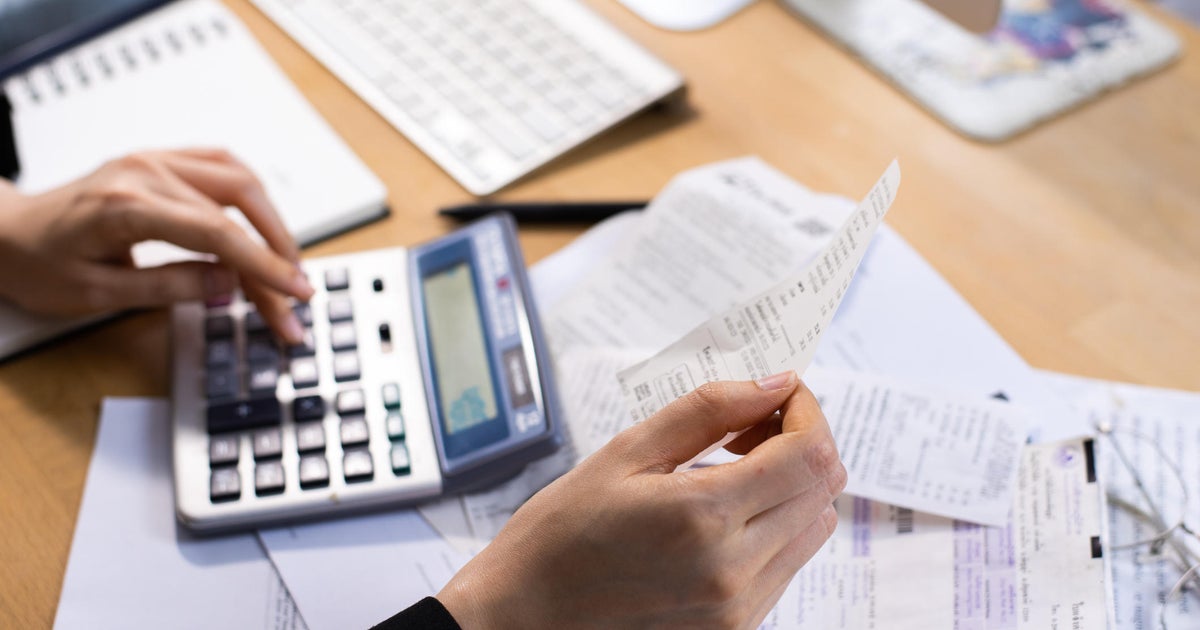Small businesses raise alarm over default amid debt limit fight
Gloria Larkin is frustrated. She's worried Congress is about to hurt small business owners like her and her clients if they cannot reach a deal over the debt limit.
"This issue of default with a subsequent recession would drastically have a negative impact on our business personally because it would cause our clients, our customers, to condense their spending," Larkin said. Her company TargetGov helps businesses pursue federal contracts across the country – everything from construction opportunities to cybersecurity, even work cleaning office buildings.
Larkin, like many of the nation's small business owners, is concerned over a looming threat of the government being unable to pay its bills. If the United States defaults on its debt for the first time, economists warn it would cause financial and economic turmoil affecting just about every aspect of the economy.
"We're just rebounding from COVID, et cetera, that so many small businesses didn't even survive," Larkin said. "Now those of us who are hanging on by a thread, Congress wants us to now put up with their theatrics in threatening something they don't even need to. Oh my gosh, it's just political theatrics that they're creating anxiety at a small business level that is extraordinarily damaging to our small business psyche."
Sixty-five percent of small business owners say they will be negatively affected if Congress fails to raise the debt limit, according to a new survey by Goldman Sachs 10,000 Small Business Voices. Ninety percent of small business owners believe it's important for the government to avoid default on the nation's debt.
Treasury Secretary Janet Yellen informed congressional leaders in a letter Monday that the U.S. might not be able to pay its bills as soon as June 1 and urged lawmakers to raise or suspend the debt limit as soon as possible. Doing so is not about future spending, but paying for the debt already incurred. Yellen said even waiting until the last minute could hurt business and consumer confidence, raise short-term borrowing costs for taxpayers, and negatively impact the U.S. credit rating.
"These survey results make clear that a default would have very negative ramifications for small business owners," said Joe Wall of Goldman Sachs 10,000 Small Businesses Voices. "Over the coming weeks, America's small business owners will be looking to Washington for certainty and a sound resolution to the nation's credit crunch."
Among small business owners surveyed, 53% said it is "absolutely essential" the federal government not default on its payments. Another 30% said it's "very important." 7% said it's somewhat important, and 2% said it's not important.
But Congress appears no closer to reaching a deal than it did in January when Yellen first urged action. House Republicans passed a bill that includes dramatic spending cuts that are dead on arrival in the Senate. The Biden Administration has maintained it would like Congress to pass a clean debt limit bill and spending can be addressed separately.
While 90% of small business owners believe it's important for the government to avoid default – 81% of those surveyed said it is important for Congress to enact spending cuts in conjunction with raising the debt ceiling. That includes 40% who said it's "absolutely essential" and 29% who said it's "very important."
President Biden has invited congressional leaders to the White House on May 9 for a meeting to discuss the debt limit.
But if a deal is not reached by the so-called "X-date," more than just small businesses would feel the impact. A default on the debt could impact when Social Security checks, military pay, veteran benefits and more go out to millions of Americans. It would roil the financial markets, analysts have warned, and lead to higher borrowing costs for businesses, governments and everyday Americans.



